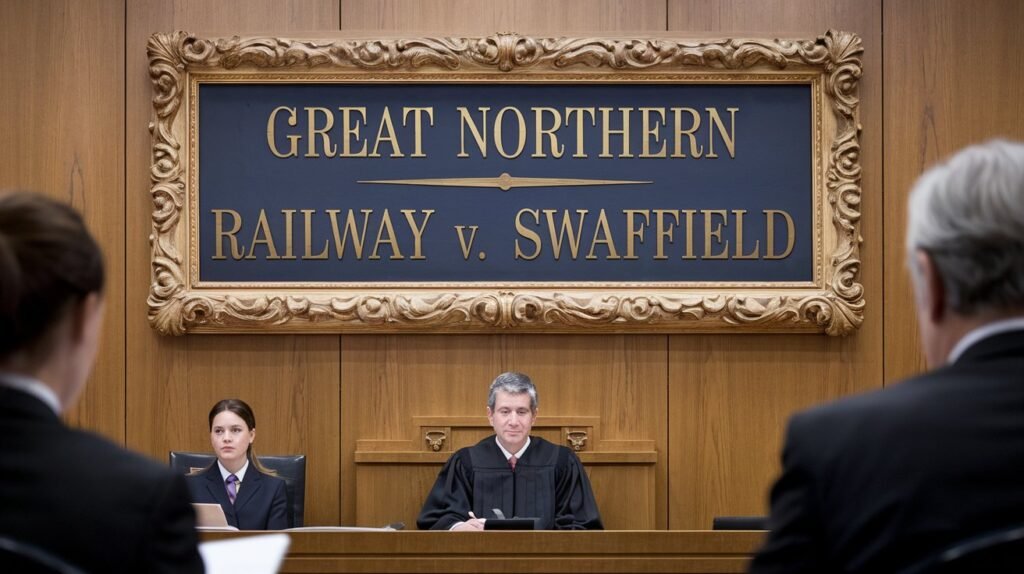Carlill v. Carbolic Smoke Ball Company 1893 (Case Summary)

Carlill v. Carbolic Smoke Ball Company is one of the most famous cases in contract law establishing principles regarding unilateral contracts, acceptance by conduct and intention to create legal relations. It clarified the enforceability of clear offers in advertisements. It demonstrated that an offer can be made to the world at large and that acceptance does not always require direct communication; performance of the specified conditions can suffice.
Table of Contents
ToggleFacts of Carlill v Carbolic Smoke Ball Company
- The Carbolic Smoke Ball Company advertised that it would pay £100 to anyone who contracted influenza after using its smoke balls three times daily for two weeks as directed.
- The ad stated that £1,000 had been deposited in a bank to show their seriousness.
- Mrs. Carlill purchased the smoke ball and used it as directed but still contracted influenza.
- Mrs. Carlill sued the company to claim the £100 reward, asserting that the advertisement constituted a binding contract.
Issues framed
- Whether the advertisement constitutes a valid offer capable of acceptance?
- Whether there was a valid contract between Mrs. Carlill and the Carbolic Smoke Ball Company?
- Whether Mrs. Carlill was entitled to the reward?
Judgment of Carlill v Carbolic Smoke Ball Company
The Court of Appeal relied on principles of contract law, specifically focusing on the requirement of a clear offer and acceptance to establish a binding agreement. It analyzed the requirements for unilateral contracts, where acceptance is performed through conduct.
The Court of Appeal held that the advertisement was not a mere puff but a legally binding offer because the company showed a clear intention to be bound by depositing £1,000 in the bank. Mrs. Carlill’s use of the smoke ball as directed constituted acceptance of the offer. In unilateral contracts, acceptance does not require direct communication but is completed by performing the act specified in the offer.
The Court of Appeal ruled in favor of Mrs. Carlill, holding that there was a valid contract and she was entitled to the £100 reward. Lord Justice Lindley stated, “It is not a contract requiring acceptance to be notified, as in the case of ordinary contracts. It is an offer to become liable to anyone who performs the conditions mentioned in the advertisement.”





